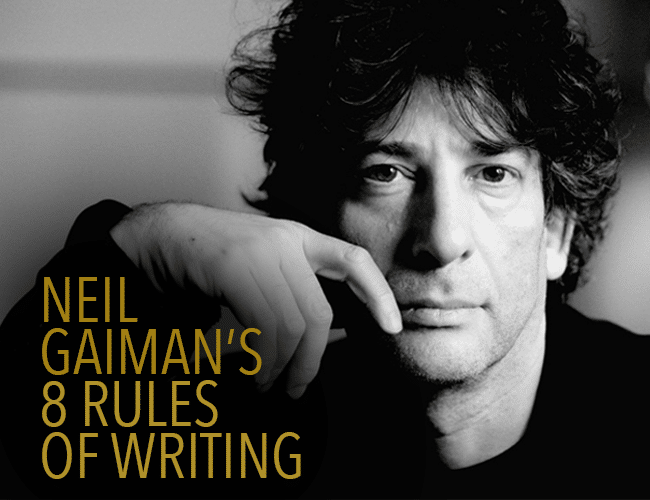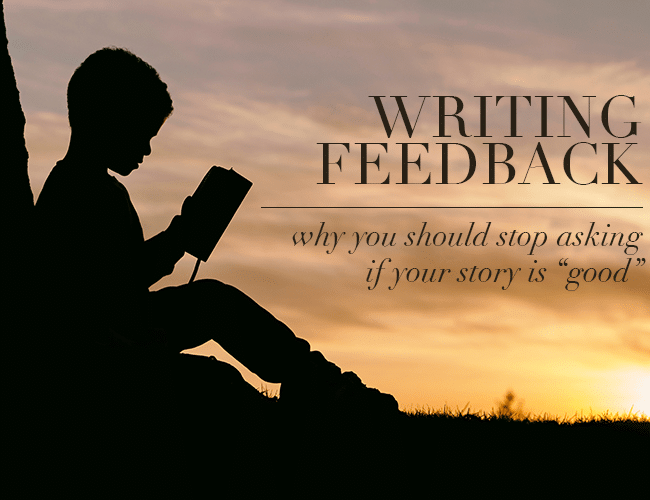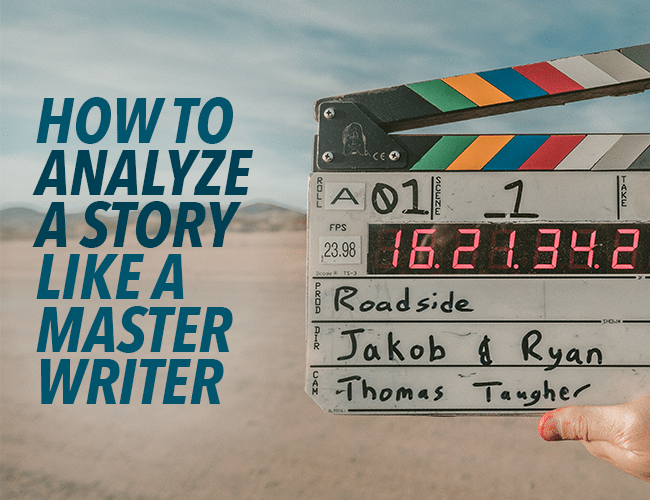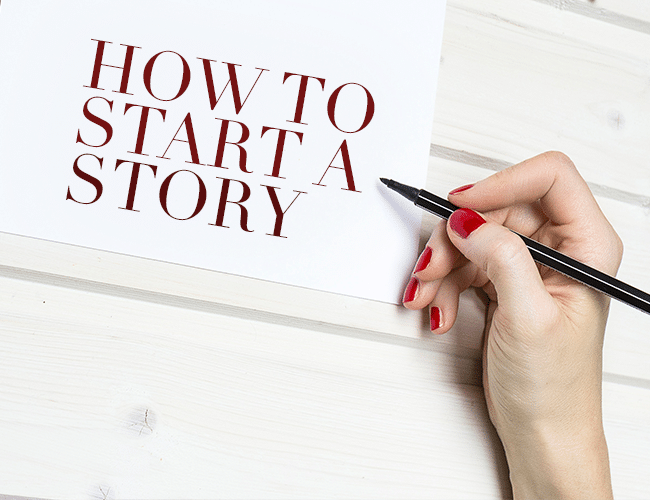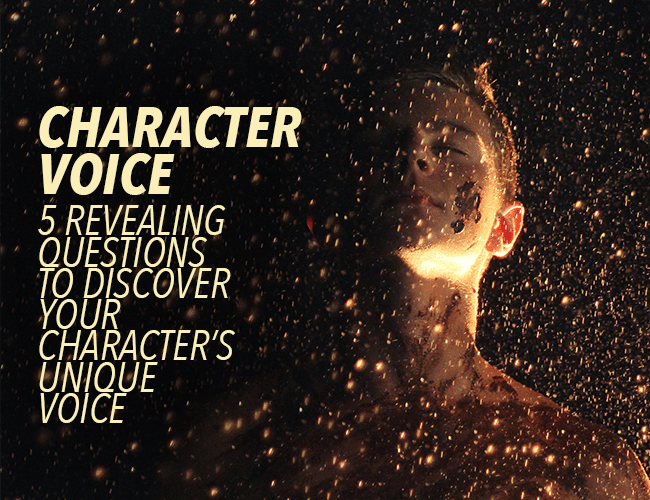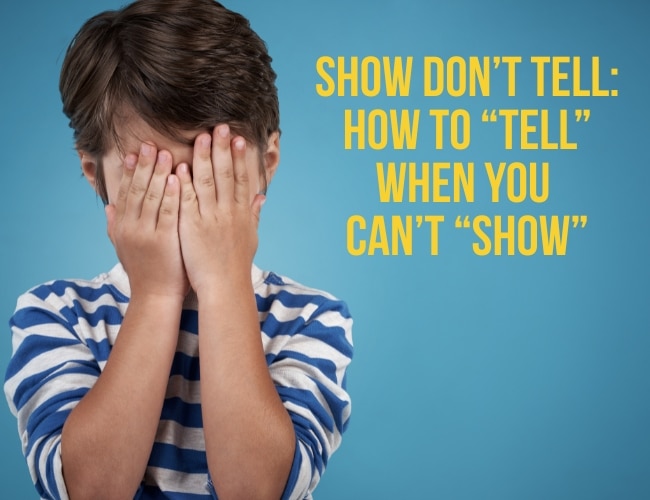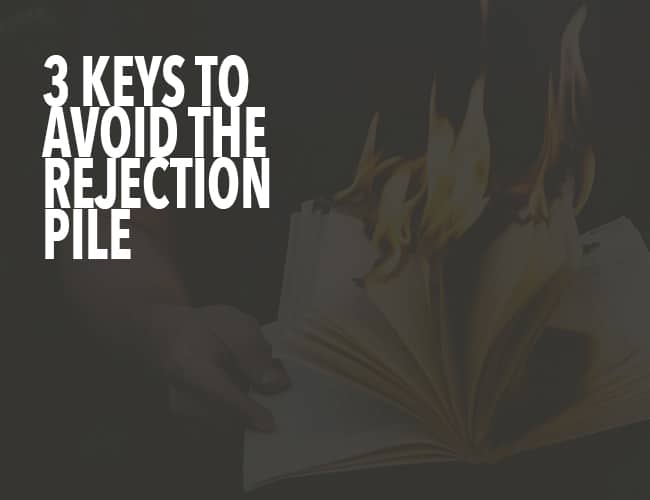Some of you may have noticed that the esteemed Mr. Gaiman is my favorite living author. Even if he’s not everyone’s cup of tea, it’s hard not to notice him: books, graphic novels, award after award—the man is prolific and very good at what he does. So when I realized he had eight rules of writing, you better believe I beelined to read them. And guess what? They’re fantastic … with a few explanations. Read on for more.
